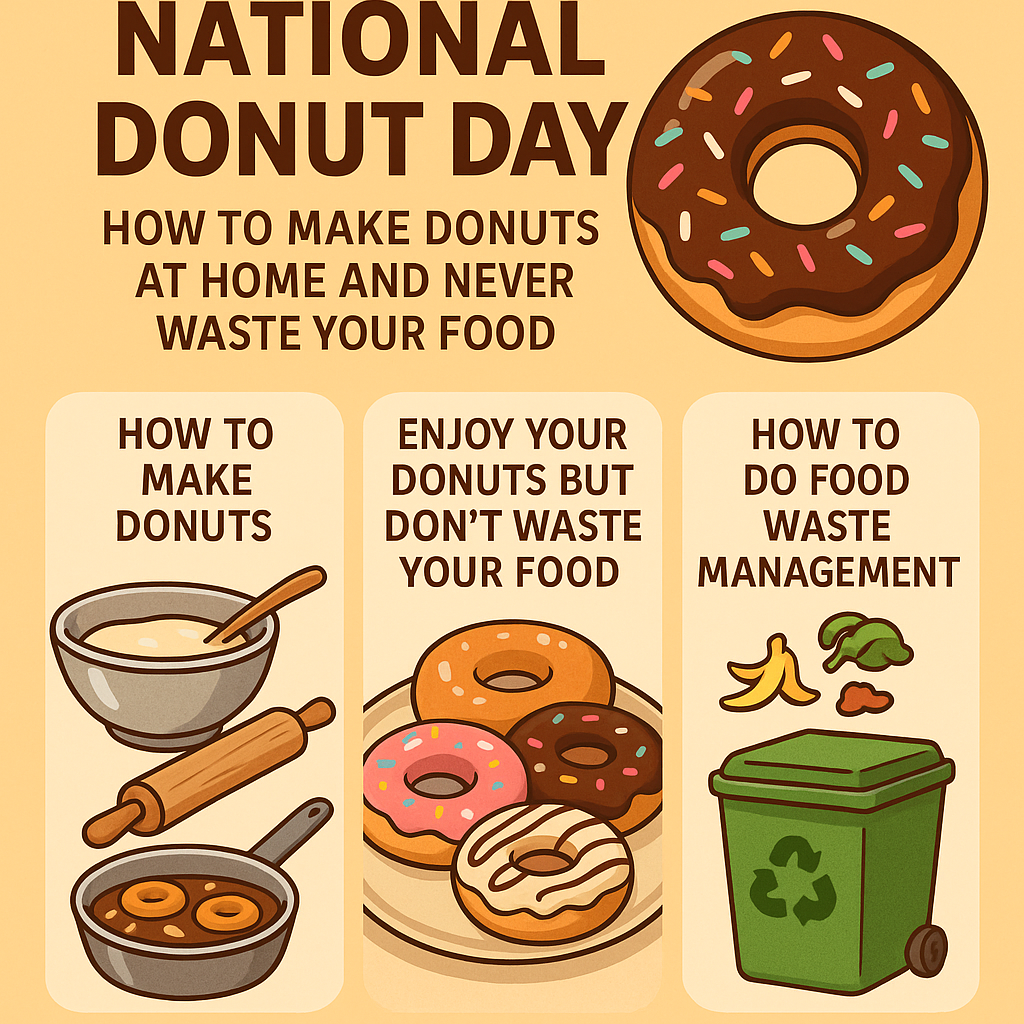 Image Credit: FDA|Outbreak Investigation of Salmonella: Cucumbers(May 2025)
Image Credit: FDA|Outbreak Investigation of Salmonella: Cucumbers(May 2025)
A multistate outbreak of Salmonella Montevideo infections is under investigation by the FDA and CDC. The source is traced to cucumbers from Bedner Growers, Inc., in Boynton Beach, Florida, distributed by Fresh Start Produce Sales, Inc.
In the last few days, an outbreak of Food Safety Corcern has been spreading across the United States, affecting hundreds of millions of residents and agricultural industries, over 200 infection cases reported in 15 states.
 Image Credit: FDA|Outbreak Investigation of Salmonella: Cucumbers(May 2025)
Image Credit: FDA|Outbreak Investigation of Salmonella: Cucumbers(May 2025)
As a gardening enthusiast, I’m really concerned about how salmonella intrudes into our vegetable garden and how we can get rid of it, whether from soil, compost, water, fertiliser, plants, or grown fruits and vegetables. And I do hope that those who have been infected by salmonella in the US get the best treatment and recover soon. No more infection cases increased!







 Image Credit:
Image Credit:  Image Credit:
Image Credit: 